
You want the best for your baby and yourself. Taking care of yourself with food and movement is a wonderful gift for your growing baby. At WIC, we provide the information and support you need to make choices that are right for you and your family. This way, you can be the mom you want to be.
The tips on this page do not replace your healthcare provider’s advice. Write down questions to ask before you go to your prenatal checkups.
During your WIC appointment, you can learn more about taking care of yourself with food and preparing for your baby. We hope you enjoy all that WIC has to offer.
Sincerely,
Your WIC staff
Prenatal care is healthcare for pregnant women. A healthcare provider or specially trained nurse checks that you and your baby are okay.
Get prenatal care as soon as you think you are pregnant. The above schedule is a guide; it is important to go to all recommended appointments. You can learn more about your baby and how your body is changing.

If you need help to pay for prenatal care, contact your local Medicaid office.
Pregnancy, and particularly eating during this time, offers a wonderful opportunity to appreciate your body and the miracle of giving birth. Trust yourself. Nourishing your body will help you to meet your nutritional needs and gain weight in a manner that is right for you. Your hunger, appetite, and weight gain will differ from those of other women, and these will change from month to month as well as across your first, second, and third trimesters. Embrace this extraordinary time. Practice getting in the meal routine. If you have dieting or food concerns, now is an excellent time to work on developing a positive, joyful relationship with food.
Reassure yourself you will be fed. Having regular meals and snacks provides the supportive framework for taking care of yourself and your baby with food.
Reassure yourself: “It’s all right to eat. I will do my best by taking time to sit down and enjoy the food I am eating.”
Here are some examples of what meals and snacks might look like on your plate. Create a satisfying, nutrient-rich meal by including 3 or 4 different foods.
Many of these options can be made with WIC-approved foods! Enjoy snacks between meals when you feel hungry. Consider a single food or combine 2 or 3 foods to make the mini meal more sustaining.
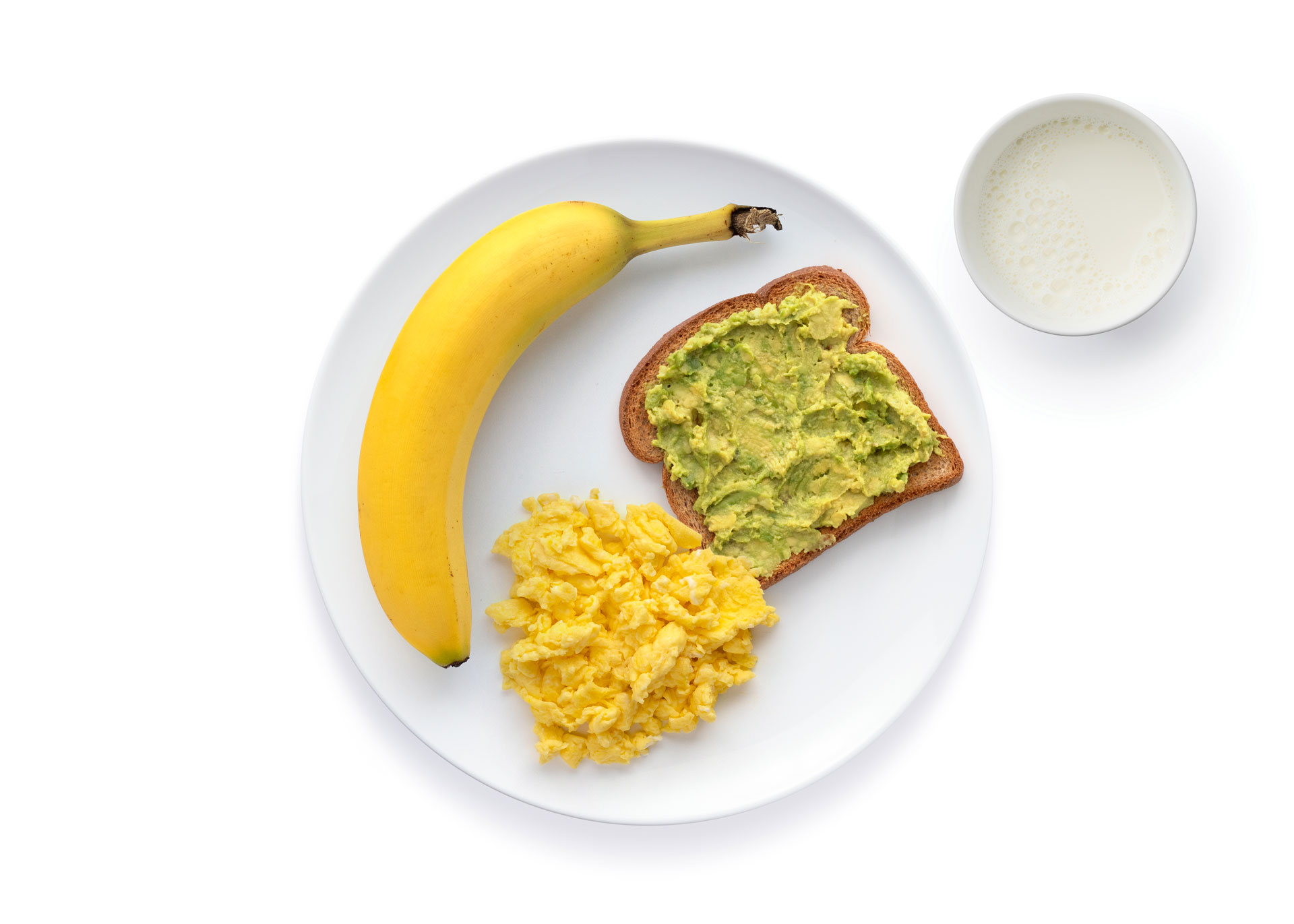

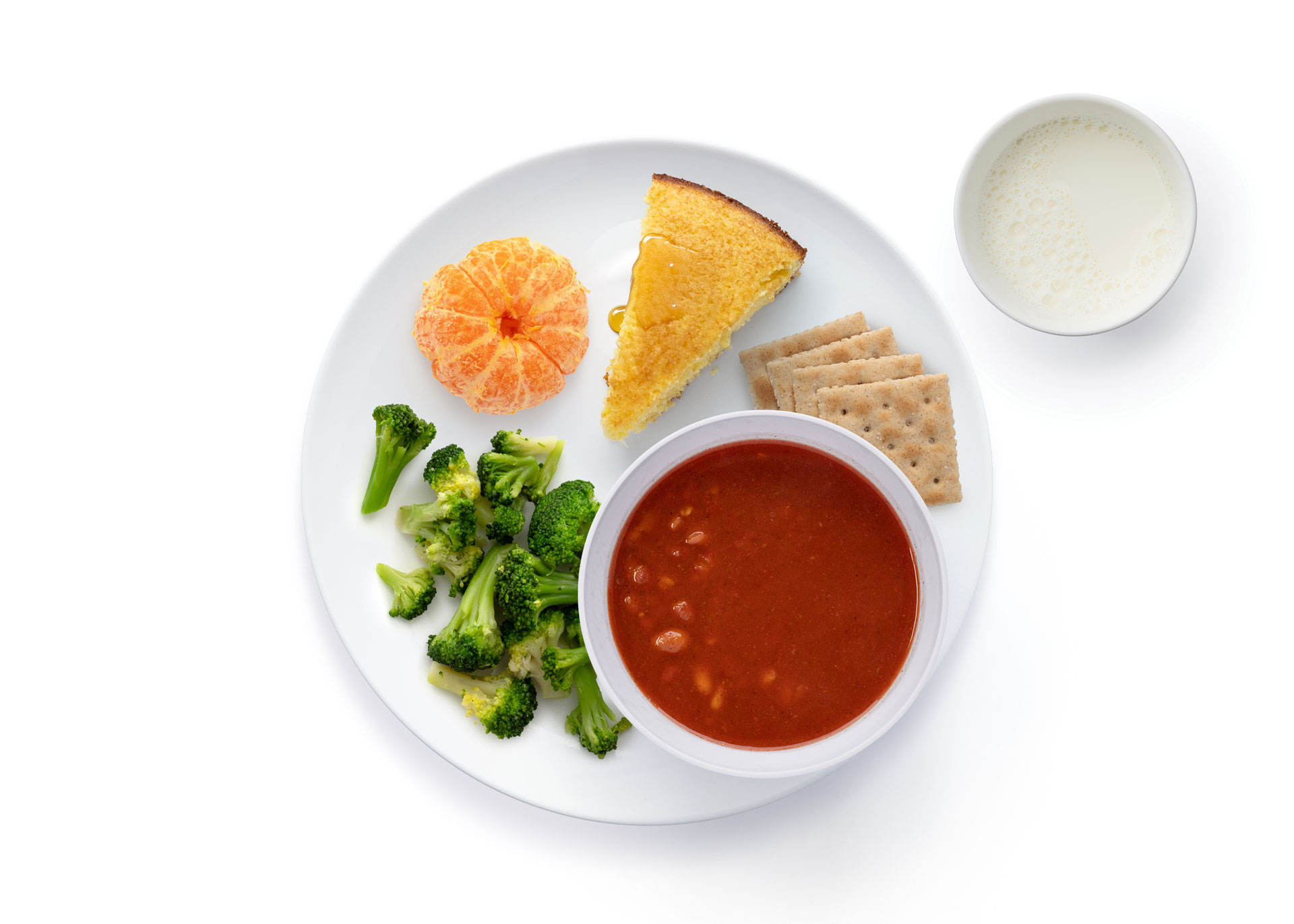
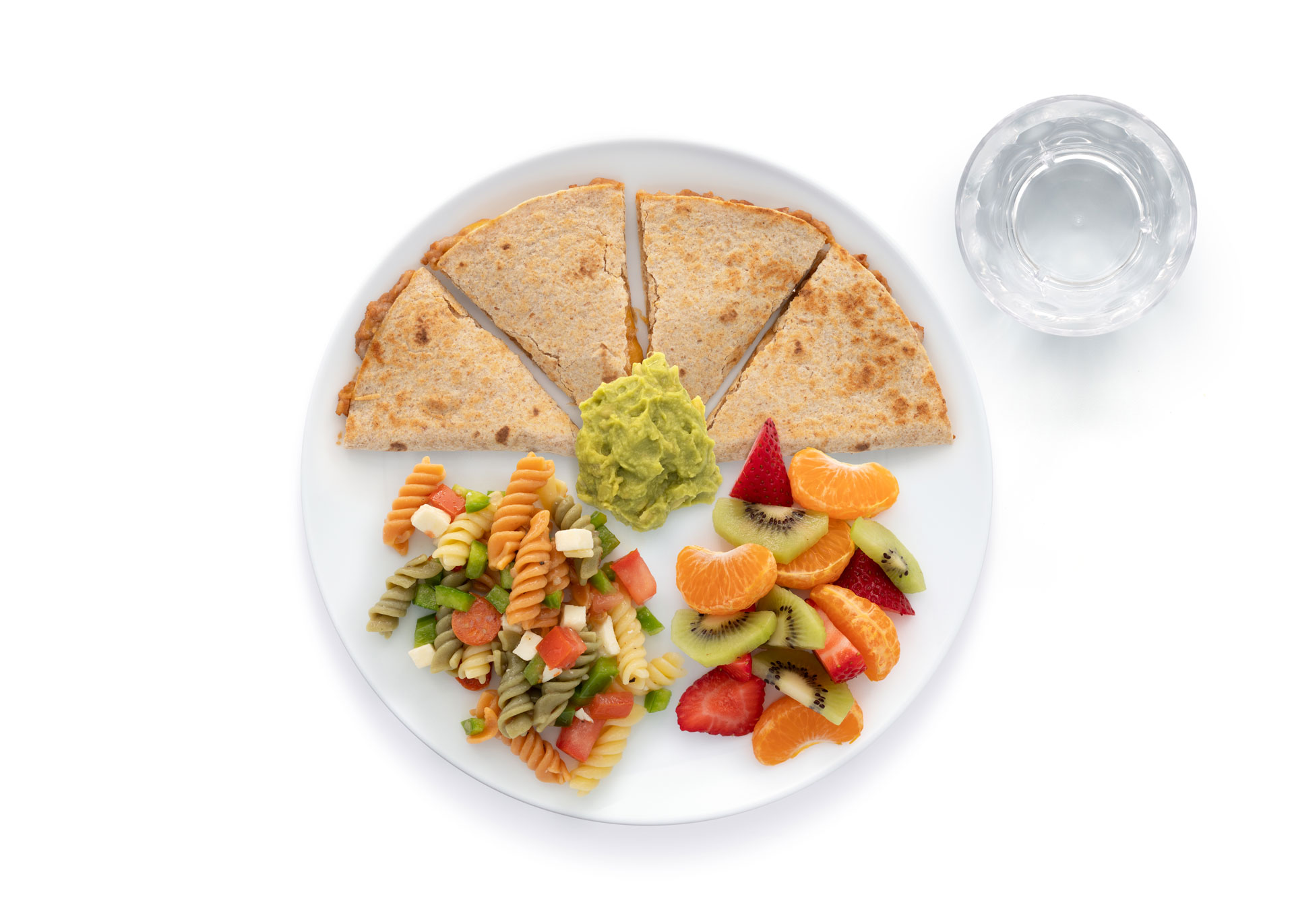







These are examples of foods that are in each food group. I may eat more or less than the amount of each food shown.
Cereal
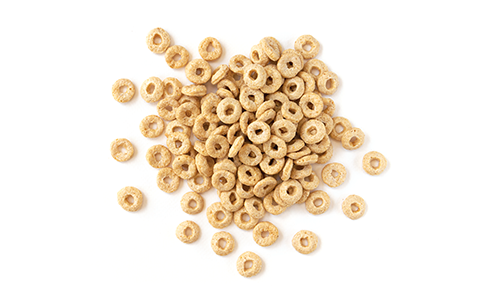
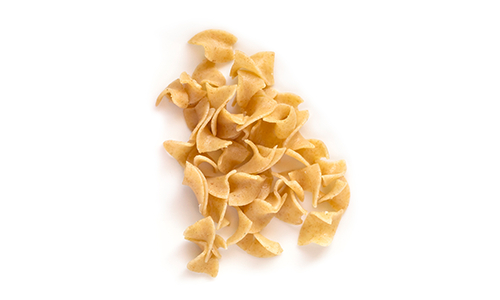
Pasta
Tortilla
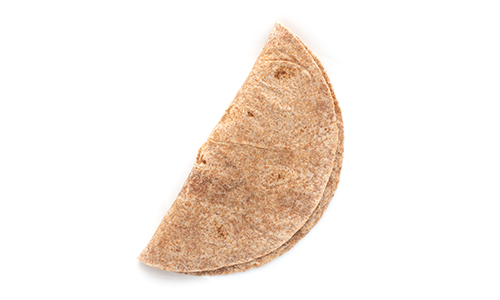
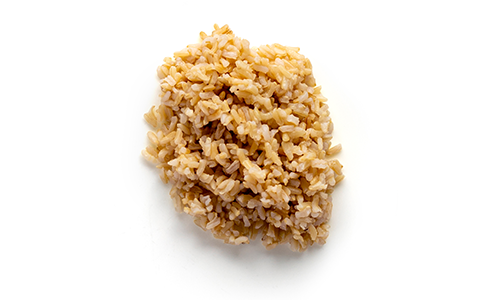
Rice
Bread


Crackers
Examples: whole grain bread, white bread, tortillas, rice, noodles, cereals, crackers, pancakes, French toast, muffins, bagels, dry or cooked cereal.
Whole grains give you lasting energy and help with digestion—important for staying strong during pregnancy.
Enjoy a variety throughout the week based on culture, family traditions, and budget.
Green beans

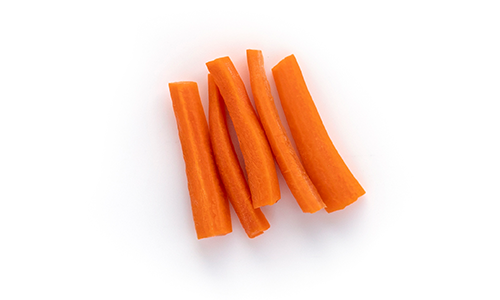
Carrots
Beets

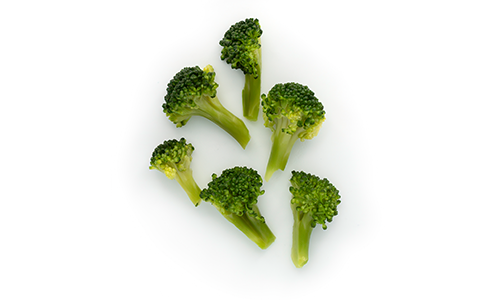
Broccoli
Sweet Potato

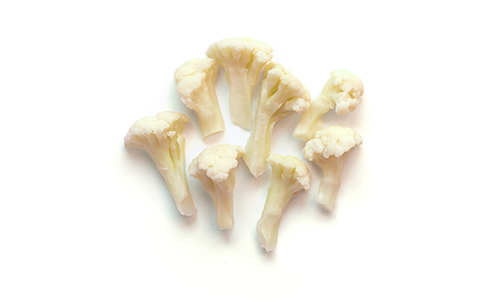
Cauliflower
Bell peppers

Examples: beets slices, broccoli, cauliflower, yams, potatoes, carrots, green beans.
Colorful veggies are packed with vitamins like folate and iron that support your baby’s growth and help prevent birth defects.
Enjoy a variety throughout the week based on culture, family traditions, and budget.
Kiwi

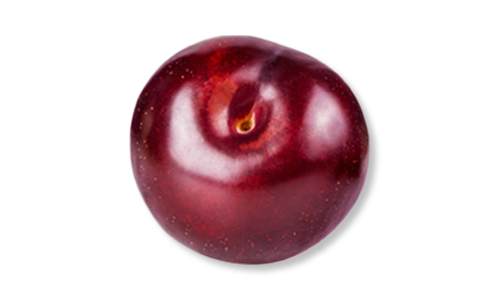
Plum
Nectarine


Blueberries
Apples
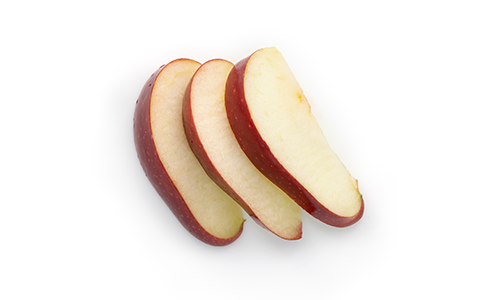

Watermelon
Avocado
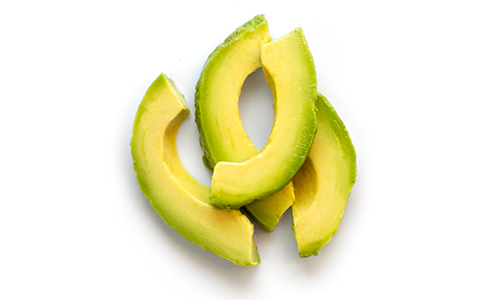
Examples: applesauce, apple wedges, bigger chunks of banana, pear slices, canned peaches, kiwi, strawberries, watermelon, cantaloupe, honeydew.
Fresh or frozen, fruits are full of vitamin C, fiber, and natural sugars—great for your immune system and keeping you regular.
Enjoy a variety throughout the week based on culture, family traditions, and budget.
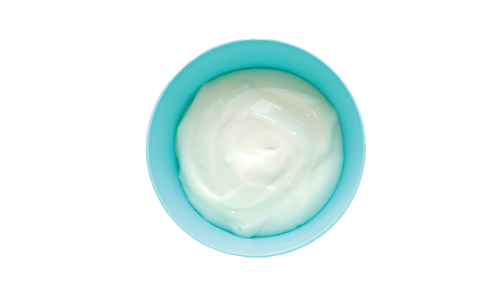
Yogurt
Sliced Cheese


Milk
Cottage cheese
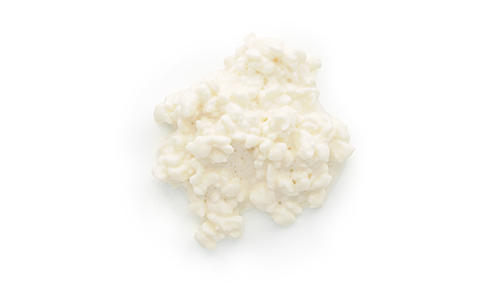

String cheese
Examples: whole milk, or low-fat or fat-free milk, yogurt, cheese, cottage cheese.
Milk, cheese, and yogurt offer calcium and vitamin D to help build your baby’s bones and teeth while keeping yours strong too.
Enjoy a variety throughout the week based on culture, family traditions, and budget.
Peanut Butter
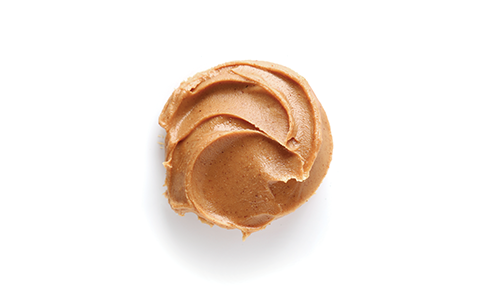
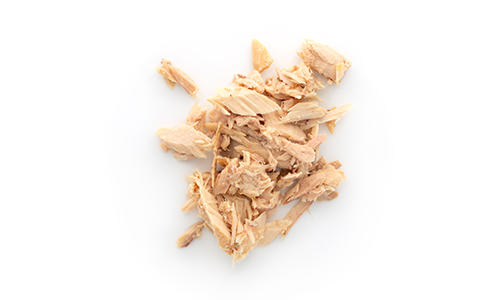
Tuna
Beans
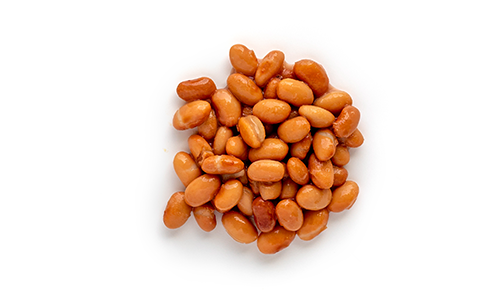

Eggs
Tofu


Beef
Chicken
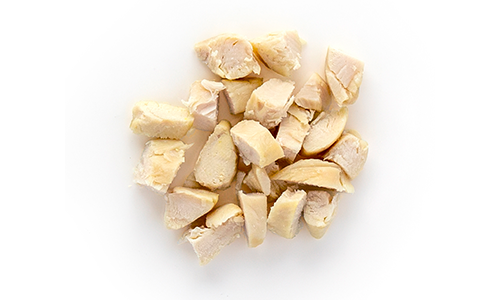
Examples: beans or peas, eggs, peanut butter, beef, pork, chicken, and fish.
Protein foods support your baby’s brain and tissue development—and help you stay full and energized.
Enjoy a variety throughout the week based on culture, family traditions, and budget.
Cupcake
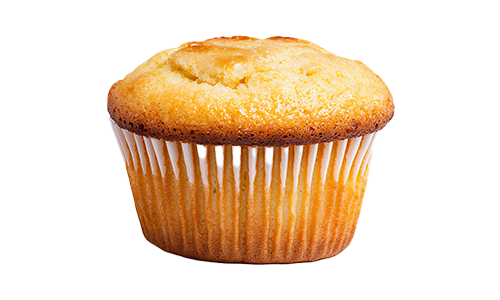
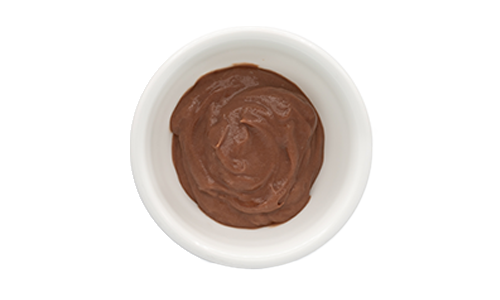
Pudding
Cookie

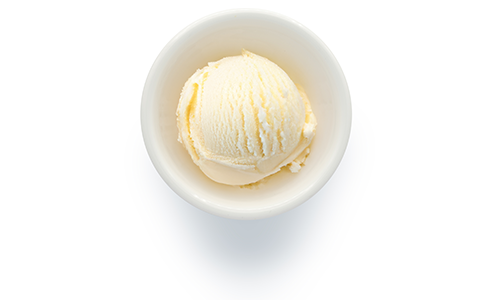
Ice Cream
Brownie

A sweet treat now and then is totally okay! Enjoy cookies and other desserts as a snack on occasion.
Enjoy a variety throughout the week based on culture, family traditions, and budget.
Butter

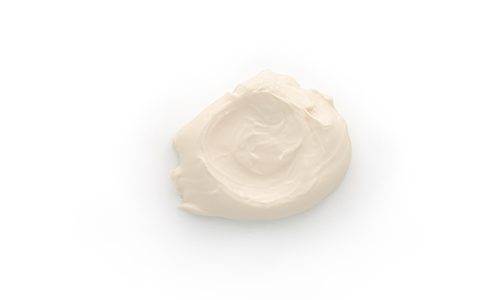
Cream cheese
Ranch dressing
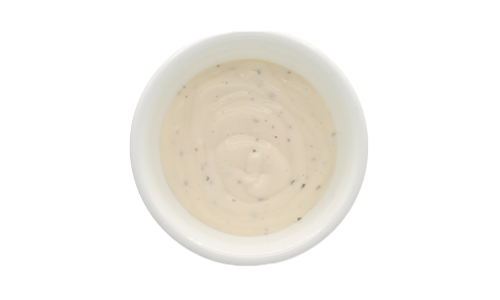
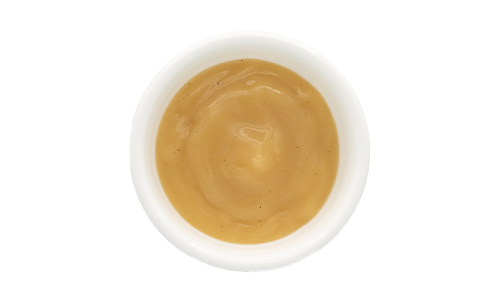 Gravy
Gravy
You need some fat to grow, provide energy, and make food taste good.
Healthy fats help your baby’s brain develop and your body absorb nutrients.
Examples: butter, sour cream, cream cheese, ranch dressing, other sauces, gravy.
Quesadilla with guacamole

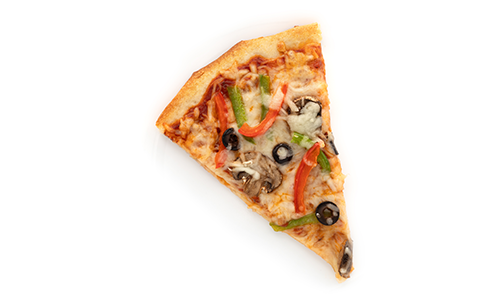
Pizza
Mac n’ Cheese


Lasagna
Burrito
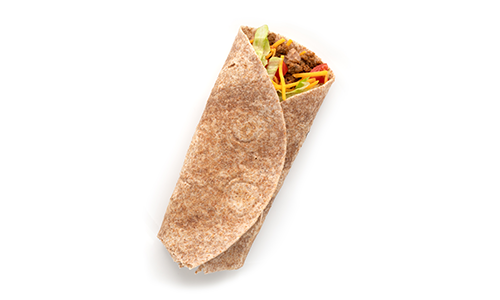
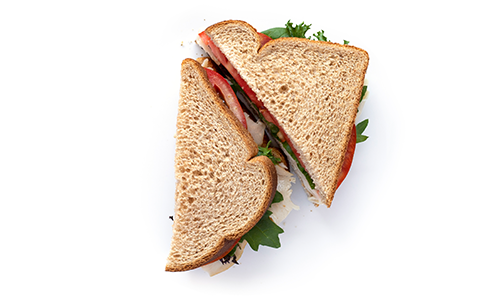
Sandwich
Some foods are a combination of food groups and make for a tasty meal.
Meals like sandwiches, casseroles, and pizza can be a great way to enjoy a tasty mix of multiple food groups.
Examples: pizza, casseroles, soup, mac n’ cheese, spaghetti, lasagna, burritos, quesadillas, soft tacos, hamburgers, sandwich.

Wash your hands with soap and water before you eat or prepare food.

Wash vegetables and fruit with water before eating or cooking.

Cook beef, pork, chicken, turkey, fish, and seafood to the well-done stage.

Heat to steaming before eating hot dogs, cold cuts, and deli meats like bologna, salami, or ham.

Ask WIC staff or your healthcare provider what fish is safe and the recommended amounts to eat during pregnancy.

Discard any food that is questionable, sour-tasting, or moldy.

Avoid handling cat litter.
Ask your healthcare provider before you take herbs or drink herbal teas; they may not be safe for your baby.
Prenatal vitamins should have extra iron, folic acid, and iodine to help your baby grow. CHECK THE LABEL! Make sure your prenatal vitamin contains the recommended 27 mg of iron, 150 mcg of iodine, and 400 mcg of folic acid. Check with your healthcare provider to make sure your prenatal vitamin has everything you need.
Don’t take any other vitamins unless prescribed by your healthcare provider.

Folic acid is a vitamin that every cell in your body needs. Folic acid protects your unborn baby from birth defects in their spine and brain, which develop very early in pregnancy. It is recommended to get at least 400 micrograms (mcg) every day.
The below foods are good sources of folic acid:
Iron is needed during pregnancy to support the increased blood mass to both mom and baby. Without enough you can develop anemia which leaves you feeling tired and fatigued and can cause early birth or anemia for your baby. To help, eat foods rich in iron, like red meats, spinach, and foods with Vitamin C (oranges, strawberries, grapefruit, broccoli, orange juice, tomatoes), which helps your body absorb iron.
Combine iron rich foods with foods high in Vitamin C. Eating these together helps your body absorb more iron from the food you eat.

Pregnant women go through hormonal changes that can impact the health of their mouth.
Use a soft-bristle toothbrush. Brush gently. If your gums bleed when you brush or floss, tell your healthcare provider.

Engage in activity because it brings you joy and enhances your life. Find activities that you like to do.
Weight gain is a natural part of a normal, healthy pregnancy. During pregnancy, it’s common for weight gain to vary. This happens because the baby is growing, and your body is adjusting to support your baby’s growth. At times, you might gain weight more quickly, especially during certain growth spurts of the baby. At other times, weight gain might slow down. It’s important to take care of yourself with food and keep regular check-ups with your healthcare provider to ensure your pregnancy is progressing well. Remember, every pregnancy is unique, so weight gain can differ from one person to another.
Your baby might weigh in at 7 or 8 pounds (about 3 to 3.6 kilograms). That accounts for some of your pregnancy weight gain. What about the rest? Here’s a sample breakdown:

Avoid tobacco, nicotine, alcohol (beer, wine, liquor, or mixed drinks), marijuana, and illegal drugs during pregnancy. Each of these products can negatively impact you and your baby.
We know it can be difficult to stop or reduce use of tobacco, nicotine, alcohol, marijuana, and illegal drugs.
If you are struggling to stop or reduce use, there are resources available to you.
You are not alone.
WE ARE HERE TO SUPPORT YOU.
For support with quitting tobacco or nicotine use, including free coaching, a free quit plan, and free educational materials visit www.quitwyo.org.
Ask your healthcare provider before you take medicine to make sure it is safe for your baby.
Your body changes when you’re pregnant. You may feel sick to your stomach; some smells and foods might make you nauseous or throw up. You may have heartburn. You may feel full quicker than usual.
“Morning sickness” can occur anytime of the day. Contact your doctor if you cannot keep down food or fluids and begin to lose weight.

As your baby grows, you might get an upset stomach when you eat. It might be hard to have a bowel movement. Talk to your healthcare provider if you get these problems. Don’t take medicine unless advised by your healthcare provider.

Breastmilk has the right amount of nutrients your baby needs for the first 6 months of life. Breastfeeding has benefits for you too! WIC and your medical provider are here to support you!
Nighttime feedings require less effort – I don't need to mix formula or clean bottles.
Breastmilk is always conveniently ready.
Breastfeeding saves me money – I don't need to buy formula or bottles.
Babies who are breastfed have a lower risk of:
Breastfeeding helps you:
A lot of moms have questions about breastfeeding. Talk with WIC staff about any breastfeeding concerns you may have.
For more information on breastfeeding, visit wicbreastfeeding.fns.usda.gov
Tell your nurses and healthcare provider that your goal is to exclusively breastfeed your baby. Ask them to follow these guidelines as long as it is medically safe for your baby and you.
Exclusive Breastfeeding – Please don’t give my baby any formula, water, or glucose water before speaking to my partner or me.
Skin-to-Skin – During my stay, I want to hold my baby skin-to-skin as much as possible.
Breast Pumps – If my baby is unable to breastfeed or is separated from me due to medical reasons, I want to use a breast pump as soon as possible. If I need to pump longer than my hospital stay, please remind me to call my local WIC office.
No Bottles or Pacifiers – Please don’t give my baby artificial nipples. This includes pacifiers or any type of bottle.
Breastfeeding Support – Please help me with breastfeeding during the first hour after my delivery and during the hospital stay.
Take-Home Bags – Please do not send any formula or information about formula home with us when we leave the hospital. Instead, please remind me that I’m giving my baby the best nutrition by choosing to breastfeed.
If you don’t like it, don’t breastfeed and don’t feel bad about it. You have to be comfortable with the way you feed your baby to do a good job with it.
Whether you choose to feed your baby breast milk or formula, your baby counts on you to help them do well with eating. Formula feeding isn’t hard but does take some learning. For more information on formula feeding, visit the Birth to 6 Month feeding guide.
Having a baby is hard work! At times you may feel tired, emotional, and grumpy. You might even feel sad. Find time to relax and get some rest. If you feel overwhelmed, ask for help.
Ask for help from family and friends.
Deep feelings of sadness, difficulty sleeping, irritability, changes in appetite, and trouble concentrating may be a sign of depression. You can become depressed while pregnant or after you’ve had your baby. It is important to tell a doctor or nurse about your concerns.
If you have thoughts of harming yourself or your baby, get immediate help.

For additional support, contact your local WIC Breastfeeding Peer Counselor or WIC Designated Breastfeeding Expert for breastfeeding questions.
Install this web app on your iPhone: tap ![]() and then Add to Home Screen.
and then Add to Home Screen.
Side-Lying Hold
This hold is useful when:
Cross-Cradle Hold
This hold is useful when:
Clutch or “Football” Hold
This hold is useful when:
Cradle Hold
This hold is useful when:
Laid-Back Hold
This hold is useful when: